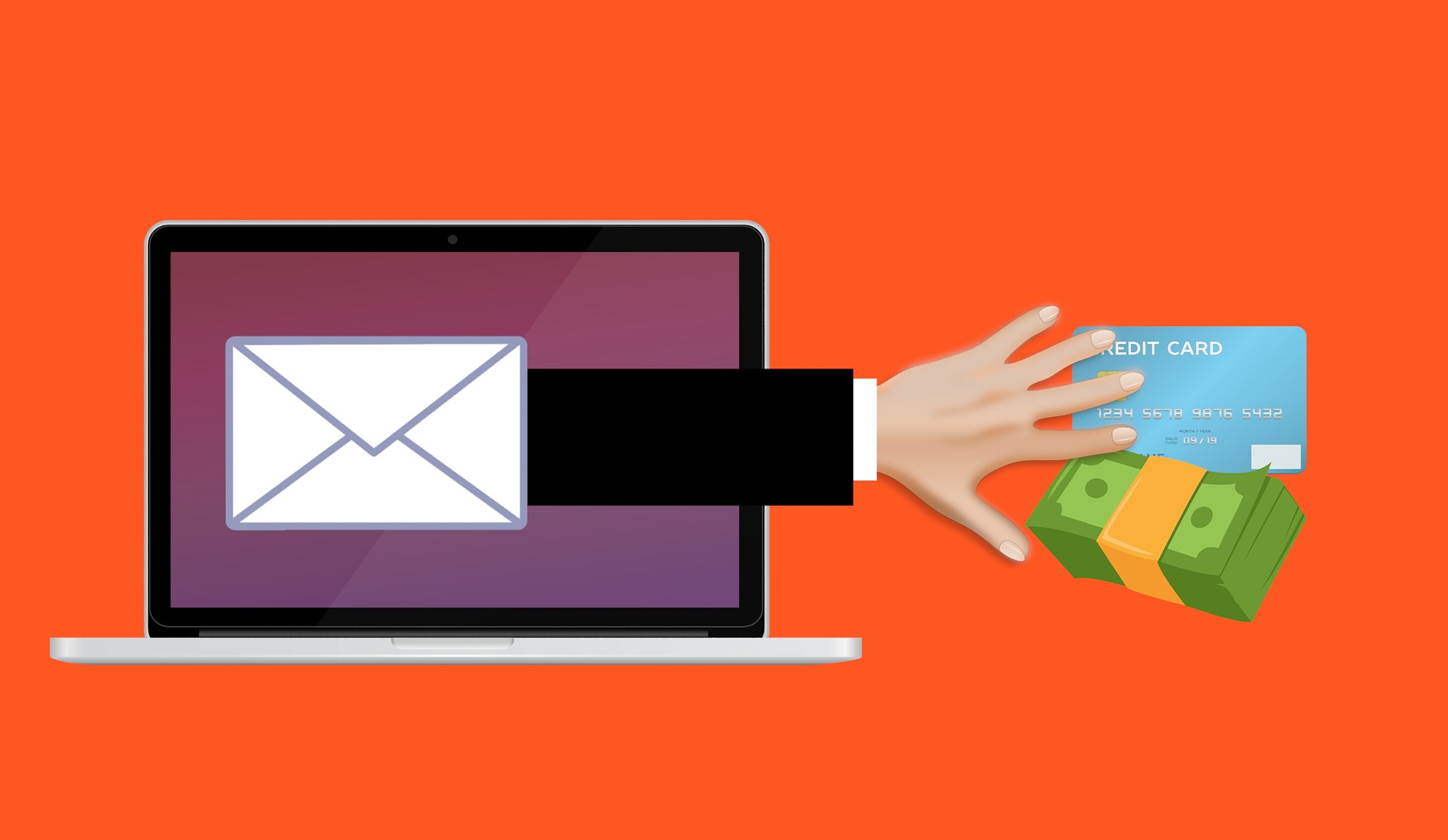Can online fraud affect your social media accounts?
Yes. With technology becoming more and more integrated, you can now use social media to shop online, query important issues such as your investments, insurance policies and travel bookings. This means that you put sensitive information onto your social media accounts, to submit those queries or make purchases, and this opens up the potential risk of online fraud.
Can your Facebook account get hacked?
Yes. It can happen through viruses that record keystrokes, other hacking techniques and also through any linked accounts. If you use your Facebook account to shop online or raise funds for projects, having your account hacked could result in you becoming a victim of online fraud very quickly.
What other social media platforms have an online fraud risk?
It’s mostly the advertising-friendly platforms, like Instagram (linked to Facebook), Twitter and LinkedIn. As every social media platform develops more and more, and users can do more complex things from each platform, so too does the risk increase. This doesn’t mean that you need to completely stay away from social media, though, because there are ways to stay safe and protect your social media accounts from online fraud risks.
How can you prevent your social media accounts being hacked?
While you can’t actually control whether or not someone targets your social media accounts, you can make it extremely difficult for unauthorised people to access them. Here are a few steps we at Bidvest Insurance recommend, for reducing your online fraud risk related to your social media accounts:
- Choose strong passwords. We’ve covered this in more detail before, but make sure that your password has both lowercase and capital letters, numbers and symbols.
- Change your passwords frequently. Every 6-12 months, you should look to update your passwords.
- Update your privacy settings. Every social media platform offers you different kinds of privacy settings, so make sure you check everything in detail, for each platform you use.
- Manage your location settings. Make sure that your location settings are set so that only your most important apps can access your location, and only when needed. For example: to use Snapchat’s filters, your location isn’t needed, so switch it off.
- Don’t share sensitive information on your social media accounts. Don’t play games or copy and paste content that features anything which might lead people to guessing your password or answers to any security questions.
- Activate two-factor authentication. Wherever possible, activate two-factor authentication on your social media accounts so that you’ll be notified if anyone tries to log in from a different device, and you can report possible fraud.
Can you prevent hackers from getting into your email account?
A lot of the same principles apply to both your social media and email accounts. It doesn’t matter whether your email account is on Gmail, Yahoo, Outlook or another provider, but you need to make sure that you use technology responsibly to prevent hackers getting into your accounts, and committing fraud.
Is it possible to prevent your IP address from being hacked?
Yes. Your device password prevents your device from being hacked, whether directly or remotely (from a far away location), so make sure that even your device pin or password is strong enough to keep you safe. You could also set up what’s known as a VPN: a virtual private network.
What to do if you think someone hacked your account:
Whether it’s your email account or your social media accounts, if you think you’ve been hacked, you should take action immediately. The longer you leave it, and don’t do anything, the more exposed you could be. (HINT: if you’re a Bidvest Insurance Cyber Rescue client, you can call a dedicated IT helpline in moments like this, to get professional advice on how to handle your unique situation.)
What steps should you follow if your account gets hacked?
- Immediately change your password.
- Use your account settings to log out of all other devices.
- Activate two-factor authentication if you haven’t already done so, and check that the correct method is selected for authentication.
- Check your account to see if everything is still in place, or if information is missing. There may be new message threads and conversations that you didn’t initiate, which prove that you’ve been hacked and that someone is trying to use your account as part of a scam.
- Report your suspicions or proof to the platform provider, whether that’s your email provider or the social media platform, eg. Facebook or Twitter Support etc..
- If you’re a BIdvest Insurance Cyber Rescue client, you can call the dedicated IT Helpline for further support. If you’re not, your platform provider may require more detailed information from you, which you usually need to submit through a Chat thread with their Support team.
- Follow the recommendations and/or instructions as received by the Bidvest Insurance Cyber Rescue IT Helpline or the platform provider. This may involve making contact with other authorities, like your bank or your local police station, for further instructions or to open a case of fraud, based on the information you have available at this point.
Sources:
Alexandra, S. 2019. 5 ways to protect yourself from IP address hacking. Security Today. Article online. 16 September. Available at: https://securitytoday.com/articles/2019/09/16/5-ways-to-protect-yourself-from-ip-address-hacking.aspx [Accessed 2 November 2020].
Informa Markets. 2020. How to protect yourself from IP address hacking. Web page online. Available at: https://www.ifsecglobal.com/cyber-security/how-to-protect-yourself-from-ip-address-hacking/ [Accessed 2 November 2020].
Mehta, K. 2020. Back to basics: what’s your IP address and how can you protect it from hackers? Times Now News. Article online. 8 June. Available at: https://www.timesnownews.com/technology-science/article/what-ip-address-how-to-protect-ip-from-hackers-internet-security/603364 [Accessed 2 November 2020].




